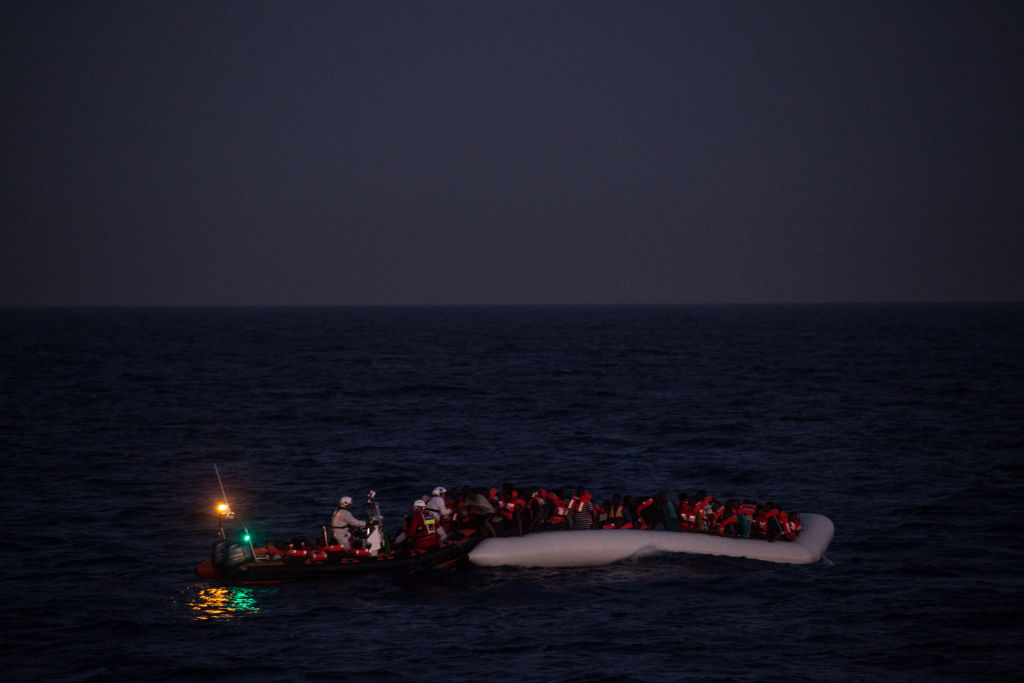by AP and Israel Hayom Staff
Nikki Haley: Nothing peaceful about planting explosives, setting off firebombs, burning tires.
U.S. Ambassador to
the U.N. Nikki Haley addresses the U.N.
Security Council Photo: AP
U.S. Ambassador Nikki Haley on Thursday accused Hamas of "using children as cannon fodder."
Speaking at a meeting of the U.N. Security
Council, Haley said, "Hamas has exploited and endangered the very
Palestinian people it claims to represent by locating rocket launchers
near schools, apartment buildings, hotels, churches, and UN facilities. …
Anyone who truly cares about children in Gaza should insist that Hamas
immediately stop using children as cannon fodder in its conflict with
Israel."
Haley said the use of civilians as human
shields is reaching "epic proportions" in the Middle East, accusing
Hamas in Gaza and militants in Iraq, Lebanon, Syria and Yemen of hiding
behind innocent men, women and children.
"Iran is the patron and protector of many
of these groups that fight from behind the bodies of innocent
civilians," she said. "Groups that Iran has sponsored or supported have
perfected the tactic of using human shields and inspired others to do
the same. Of course, this is part of Iran’s overarching efforts to
destabilize the region – efforts that include illegal weapons shipments
to Yemen, and invading Israeli airspace with armed drones from Syrian
territory."
Haley called the use of human shields a "barbaric practice."
"The use of civilians to intentionally shield otherwise lawful military targets from attack is a war crime," she said.
"The use of human shields deliberately
advantages those with no regard for human life, and disadvantages those
who seek to minimize civilian casualties. And the use of human shields
isn’t confined to any one conflict. It is present across the Middle East
in virtually every conflict."
She said the civilians "either provide
cover for military infrastructure, or they become victims that rally the
international media to their cause."
"For humanity's sake, the Security Council must rise up to address this threat," she said.
Israel's U.N. Ambassador Danny Danon
accused Hamas of orchestrating provocations and confrontations along the
border fence and using women and children as human shields ahead of
Friday's fifth weekly planned protests.
At least 35 Palestinians have been killed
by Israeli fire and more than 1,500 have been wounded since the protests
began March 30 – a casualty toll that drew sharp criticism of Israel
from many countries at Thursday's council meeting. Israel and its close
ally, the United States, countered the criticism by accusing Hamas of
using innocent civilians as human shields.
Hamas "terrorists are hiding while allowing
– even hoping – for their people to die," Danon said, calling this
"evil in its purest form."
Danon said there is nothing peaceful about
Palestinians putting explosives on the fence, firing over it, setting
off firebombs, burning tires and throwing Molotov cocktails.
"Israel has an obligation to protect its citizens and we will do so while minimizing casualties to the other side," he said.
Danon also showed council members aerial
footage of an Iranian military base located just 5 miles outsides of
Damascus that he said serves as a recruitment center for fighters
stationed in Syria and Lebanon. He said Iran had deployed around 80,000
radicals from around the Middle East to fight in Syria.
"We will not allow any regime that seeks to destroy us to acquire chemical weapons. Period," he said.
Meanwhile, the U.N.'s top Middle East envoy
warned the council the Gaza Strip is "about to explode" and declared
the world "must do everything possible to prevent another war" between
Israel and the Palestinians as well as elsewhere in the Middle East.
Nickolay Mladenov said that "in this highly charged and dangerous environment," de-escalation is critical.
"Everyone in the Middle East needs to step back from the brink," he said.
He said there has been "an increasing
number of dangerous incidents at the fence" by Palestinians, including
planting improvised explosive devices – at least one which exploded –
and throwing Molotov cocktails, as well as attempting to get through the
fence.
Mladenov said he has engaged intensively with all sides to reduce "risks of friction" and welcomed efforts by Egypt and others.
"Israel must calibrate its use of force and
minimize the use of live fire. Lethal force should be used only as a
last resort," Mladenov said. "Hamas and the leaders of the
demonstrations must keep protesters away from the Gaza fence and prevent
all violent actions and provocations."
“The loss of life is deplorable, and the staggering number of injuries caused by live ammunition only confirms the sense that excessive force has been used against demonstrators – not once, not twice, but repeatedly,” Zeid said.
Riyad Mansour, the Palestinian U.N.
ambassador, accused Israel's military forces of targeting civilians in
Gaza and engaging in "terrorism."
He insisted the Friday demonstrations at
the Gaza-Israel border were peaceful protests by Palestinians demanding
"their dignity and freedom."
Mansour urged the Security Council to take immediate action "to de-escalate this dangerous situation."
AP and Israel Hayom Staff
Source: http://www.israelhayom.com/2018/04/27/us-envoy-to-un-denounces-use-of-human-shields-in-middle-east/
Follow Middle East and Terrorism on Twitter
Copyright - Original materials copyright (c) by the authors.





